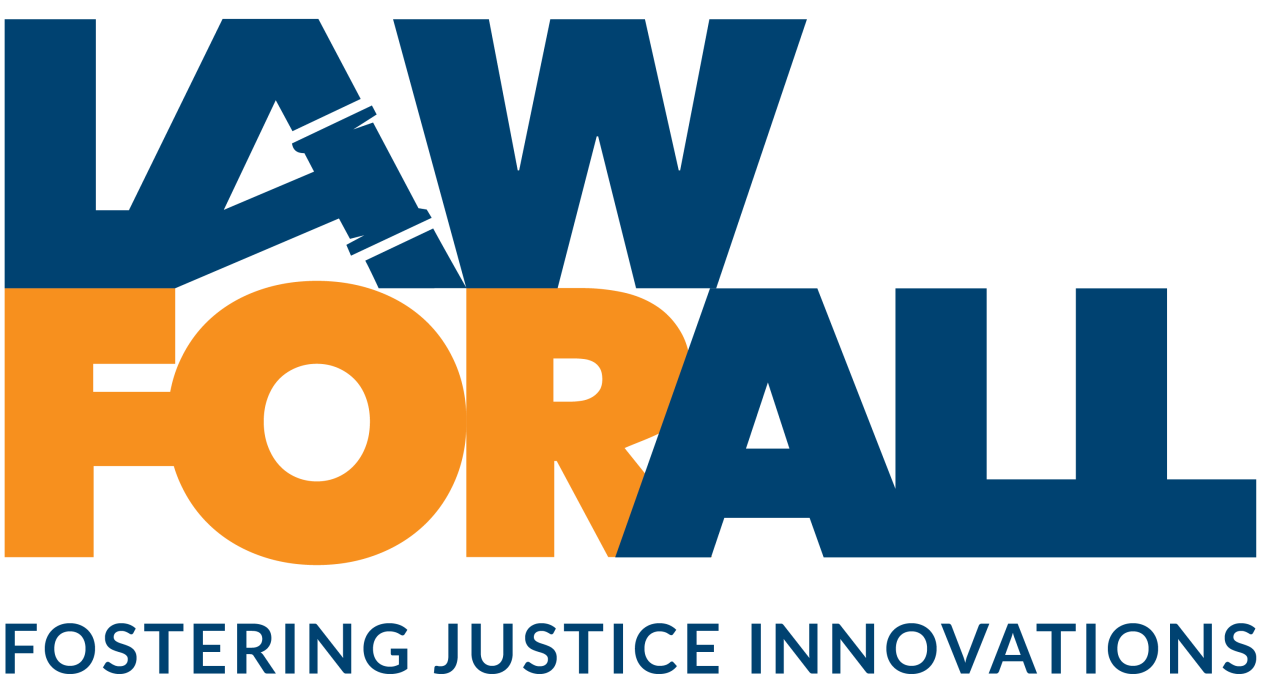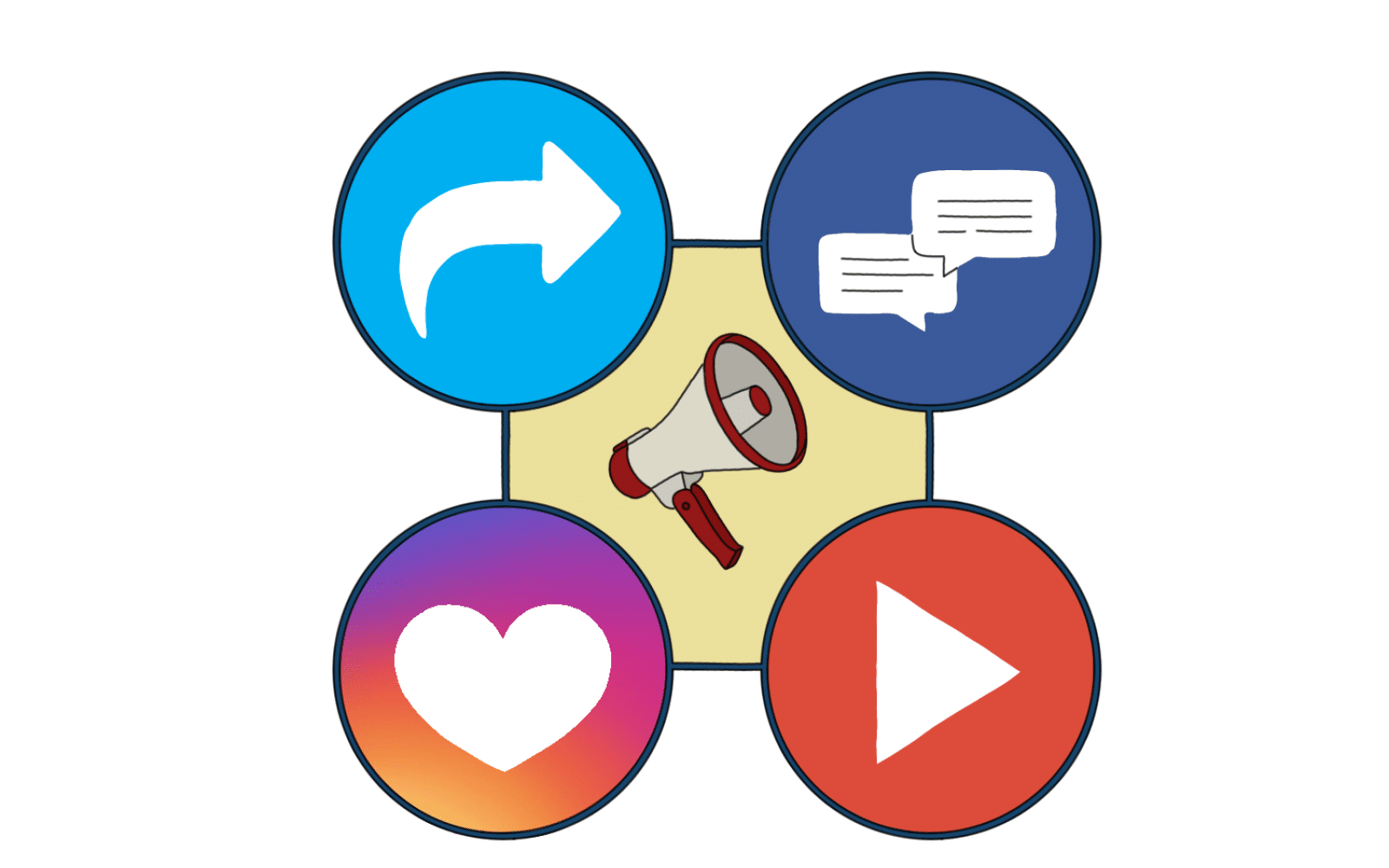Powering Changemaking through Social Media
Scrolling through social media has now become a part of our daily routines, transforming these platforms into primary outlets to spread awareness, mobilise people and to potentially find collaborators in the social sector. Significantly, social media has become a significant medium of youth organising across the world.
Before the advent of social media, conventional media channels and government agencies were gatekeepers of news, and other pertinent information. The wave of social media has disrupted this paradigm and has ushered in a more robust, transparent, and open line of communication and also information dissemination.
71% surveyed young leaders use social media to engage volunteers for their initiatives.74% use social media to raise awareness about their initiatives

